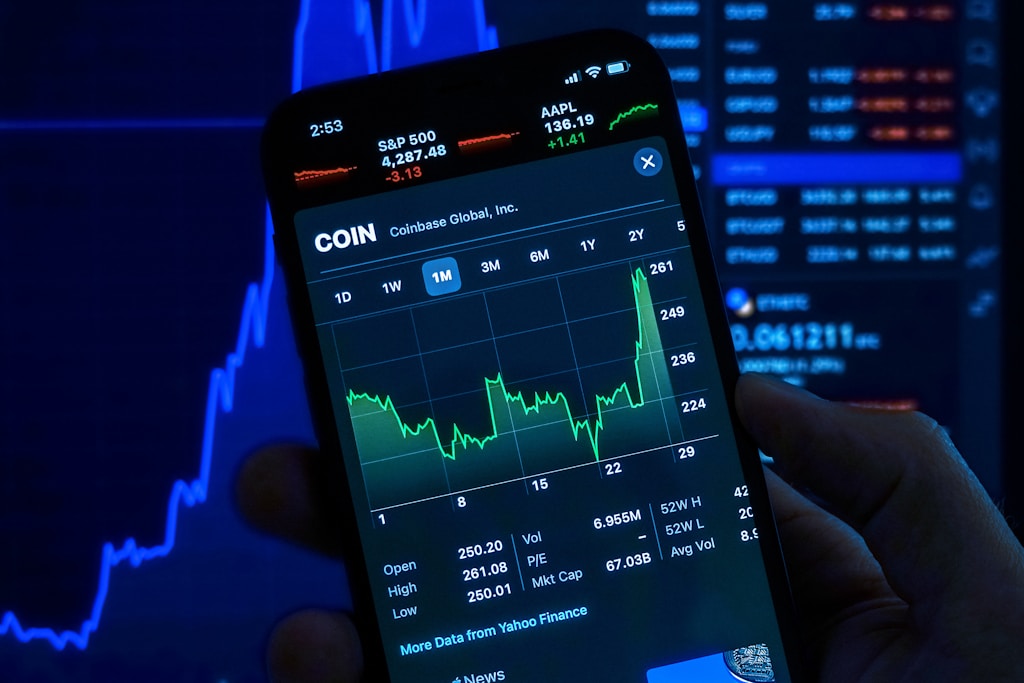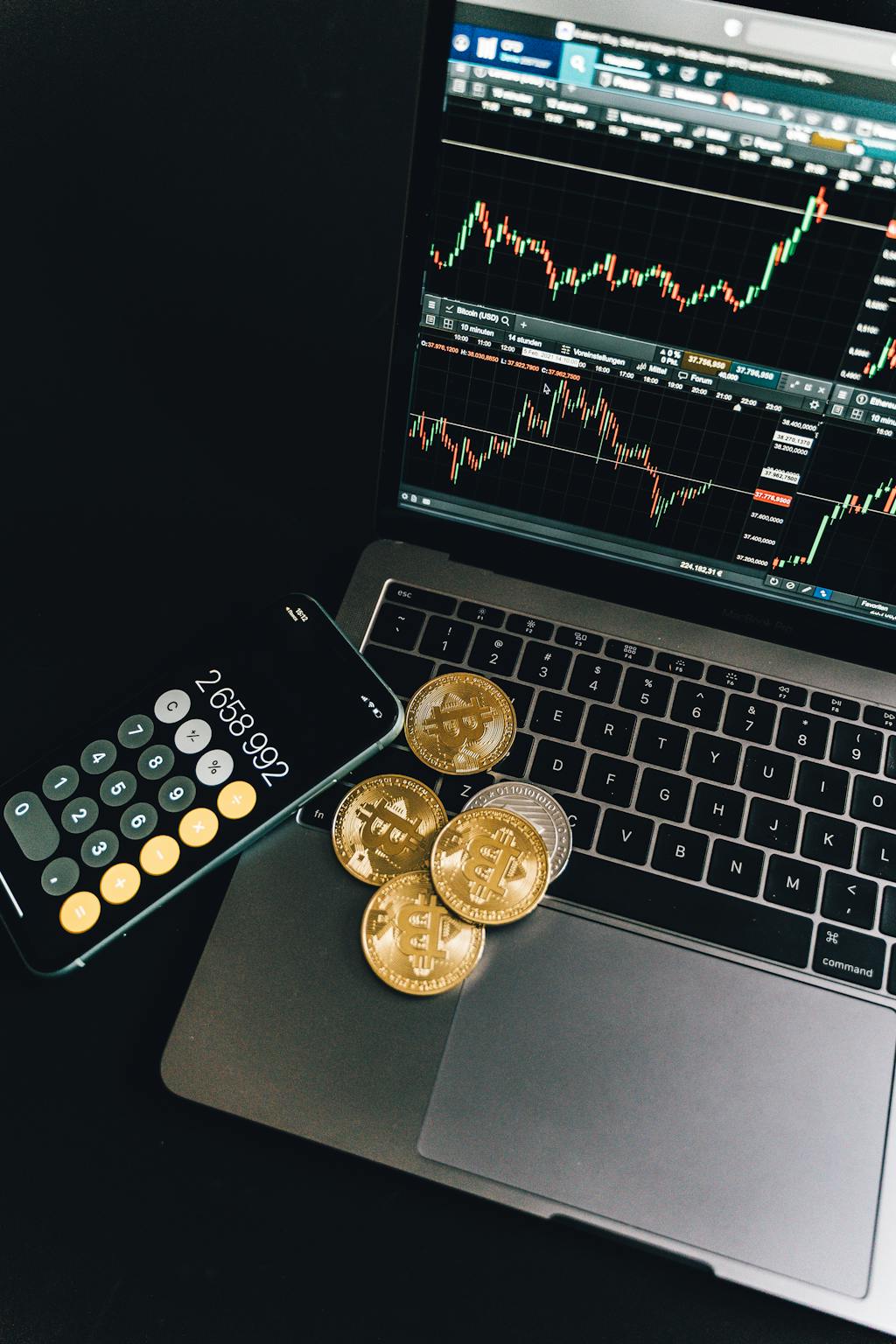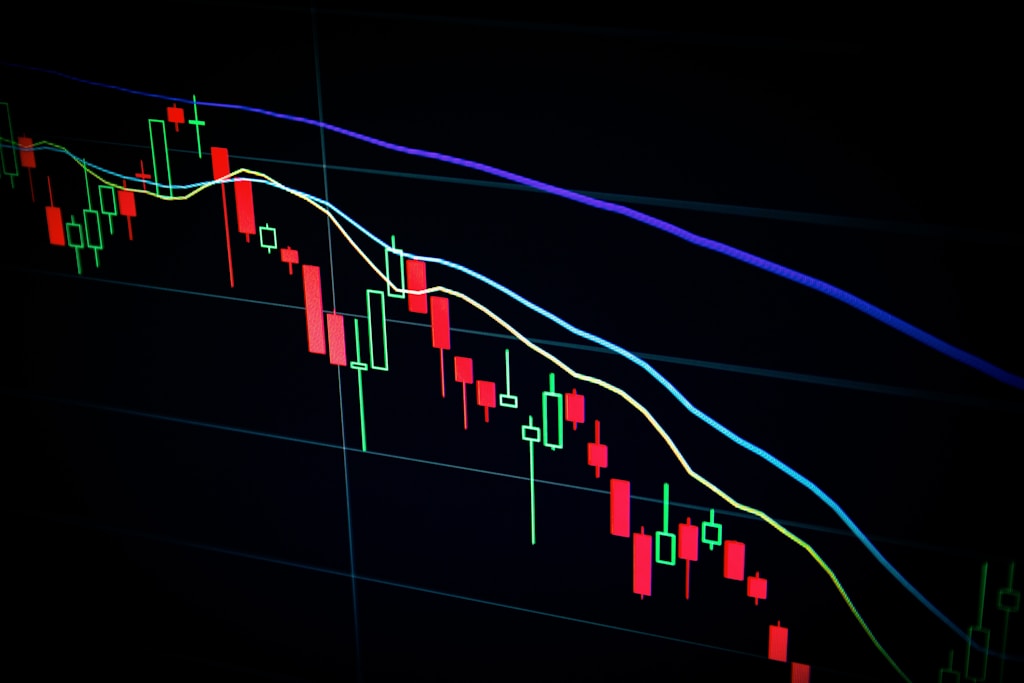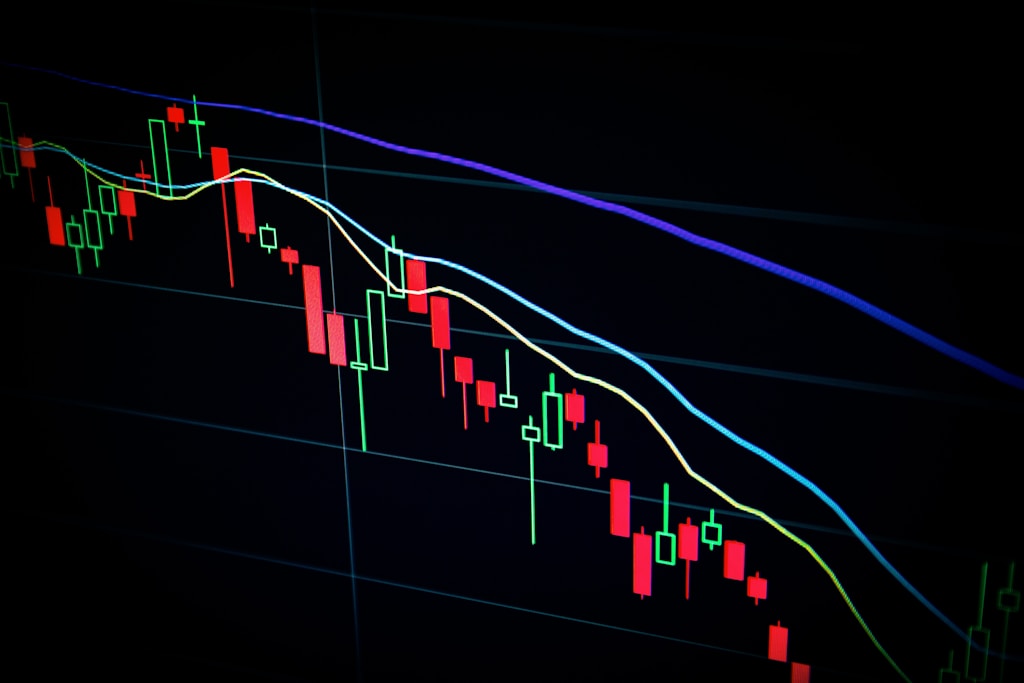In a significant development for Bitcoin adoption, Pakistan’s ambitious plan to allocate 2,000 megawatts for Bitcoin mining has hit an immediate roadblock as the International Monetary Fund (IMF) demands urgent clarification. This clash highlights the growing tension between nation-state Bitcoin initiatives and traditional financial institutions, with BTC holding steady at $105,335.
IMF’s Swift Response to Pakistan’s Bitcoin Mining Initiative
The confrontation emerges just days after Pakistan received a $1.02 billion disbursement under its $7 billion Extended Fund Facility. The timing is particularly crucial as Pakistan faces over $22 billion in external-debt maturities for the upcoming fiscal year, making the country’s position increasingly vulnerable to IMF pressure.
As noted in Pakistan’s recent government U-turn on Bitcoin reserves, the country’s relationship with cryptocurrency has been particularly volatile, making this latest development even more significant.
SPONSORED
Trade Bitcoin with up to 100x leverage and maximize your profit potential
Expert Analysis: The Five-Fold Threat to IMF
Climate tech investor Daniel Batten identifies five key ways Bitcoin threatens the IMF’s dominance:
- Reduced remittance costs
- Diluted seigniorage advantages
- Alternative store of value for reserves
- Decreased multilateral lending dependence
- Peer-to-peer transaction capabilities
Historical Precedent: IMF’s Track Record Against Bitcoin
The IMF has successfully intervened in three previous nation-state Bitcoin initiatives:
- Central African Republic’s stalled legal tender implementation
- Argentina’s anti-crypto policy conditions
- El Salvador’s Bitcoin Law modifications
Pakistan’s Economic Vulnerabilities
Key challenges facing Pakistan include:
- $12.7 billion in debt repayments due in fiscal 2025
- Foreign exchange reserves at risk of falling below $4 billion
- Historical currency depreciation from PKR 100 to 330 per dollar
- FATF grey-listing concerns
FAQ: Pakistan’s Bitcoin Mining Initiative
Why is Pakistan pursuing Bitcoin mining?
Pakistan aims to utilize 2,000 megawatts of surplus electricity for Bitcoin mining and AI data centers, potentially creating a new revenue stream and strengthening its economic position.
What are the IMF’s main concerns?
The IMF’s concerns center around energy allocation, regulatory framework, and potential impact on Pakistan’s existing financial commitments.
How might this affect Bitcoin’s price?
While Bitcoin remains stable at $105,335, the outcome of this situation could influence market sentiment regarding nation-state adoption.
Looking Ahead: Implications for Global Bitcoin Adoption
Batten suggests two viable paths for nations pursuing Bitcoin adoption:
- Achieve economic independence from IMF (like Bhutan or the US)
- Secure alternative lending arrangements before implementing Bitcoin initiatives
The resolution of Pakistan’s situation could set a crucial precedent for future nation-state Bitcoin adoption efforts, particularly among developing economies balancing cryptocurrency innovation with international financial obligations.






